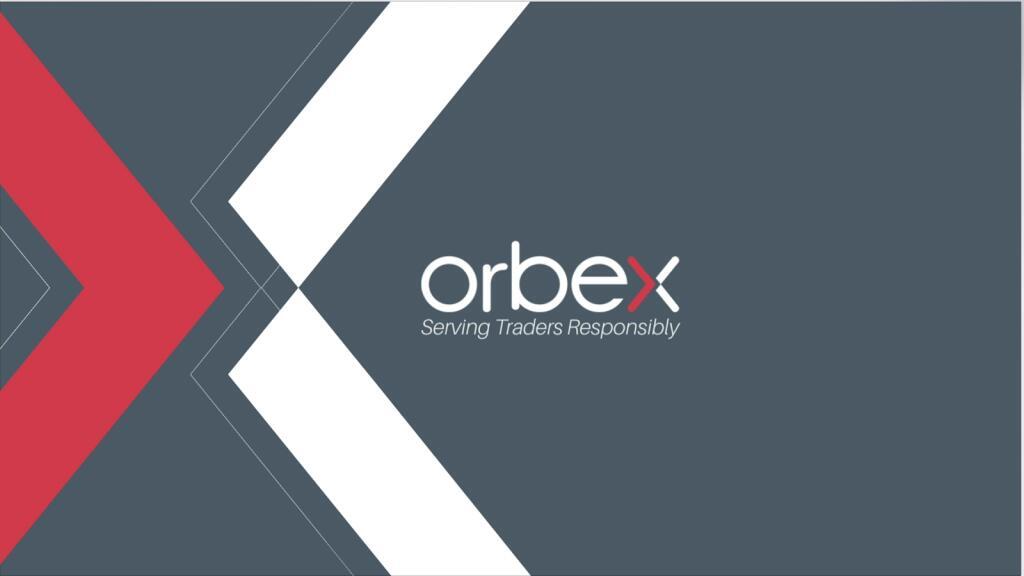Accounting Principles Explained: How They Work, GAAP, IFRS
Luglio 29, 2022
If your company hopes one day to issue stock or participate in mergers and acquisitions, knowledge of generally accepted accounting principles (GAAP) is critical. U.S. law requires all publicly traded companies, or companies releasing financial statements to the public, to follow GAAP principles. Standardized accounting principles date all the way back to the advent of double-entry bookkeeping in the 15th and 16th centuries, which introduced a T-ledger with matched entries for assets and liabilities. Some scholars have argued that the advent of double-entry accounting practices during that time provided a springboard for the rise of commerce and capitalism. Since accounting principles differ around the world, investors should take caution when comparing the financial statements of companies from different countries.
According to the cost constraint principle, the cost of reporting financial information should be less than the benefit derived from that financial information. In other words, providing financial information in accordance with GAAP should not cause an undue financial burden. The generally accepted accounting principle behind this advice is the business entity assumption.
Principle of Permanence of Method
The International Accounting Standards Board creates a similar set of guidelines and principles, the International Financial Reporting Standards (IFRS), which is used in a similar way internationally. While GAAP is a rules-based set of regulations, IFRS is a less strict set of principles companies are encouraged to follow. GAAP includes both strict rules and best practices, thereby providing both specific requirements and flexible guidance for atypical situations. These regulations ensure that investors can easily understand the financial health of each company, and easily compare companies before making investment decisions. It is updated annually to incorporate pronouncements issued by FASAB through June 30 of each year.
Descartes Announces Fiscal 2024 Second Quarter Financial Results – Yahoo Finance
Descartes Announces Fiscal 2024 Second Quarter Financial Results.
Posted: Wed, 06 Sep 2023 21:00:00 GMT [source]
While valuing assets, it should be assumed the business will continue to operate.
Standard Setting Prior to the Creation of the FASB
In an effort to move towards unification, the FASB aids in the development of IFRS. The GASB was established in 1984 as a policy board charged with creating business budget GAAP for state and local government organizations. Many groups rely on government financial statements, including constituents and lawmakers.
- The 35-member Financial Accounting Standards Advisory Council (FASAC) monitors the FASB.
- The IFRS Foundation is responsible for overseeing, maintaining and updating the accounting standards in each of these countries.
- GAAP is designed to improve transparency and consistency with a company’s accounting and financial reporting.
This principle helps ensure stockholders and investors are not misled by any aspect of the financial reports. Profit and loss statements, also called income statements, encompass a date range. All financial statements have to indicate the time period for the activity reported in order for them to be meaningful to those reviewing them. They also draw on established best practices governing cost, disclosure, matching, revenue recognition, professional judgment, and conservatism. GAAP compliance makes the financial reporting process transparent and standardizes assumptions, terminology, definitions, and methods.
Great Companies Need Great People. That’s Where We Come In.
For example, GAAP stipulates how to file income statements, what financial periods to include, and how to report cash flow. Since the U.S. does not fully comply with IFRS, global companies face challenges when creating financial statements. Even though the FASB and IASB created the Norwalk Agreement in 2002, which promised to merge their unique set of accounting standards, they have made minimal progress.

There is plenty of room within GAAP for unscrupulous accountants to distort figures. So even when a company uses GAAP, you still need to scrutinize its financial statements. One way to understand the GAAP requirements is to look at the 10 principles of accounting. These basic accounting principles were created by the American Institute of Accountants (AIA) following the Wall Street Crash of 1929. The goal was to ensure publicly-traded companies were following consistent accounting methods and help investors compare financial results from company to company and from year to year.
What Are Generally Accepted Accounting Principles?
Public companies in the U.S. must follow GAAP when their accountants compile their financial statements. Critics of principles-based accounting systems say they can give companies far too much freedom and do not prescribe transparency. They believe because companies do not have to follow specific rules that have been set out, their reporting may provide an inaccurate picture of their financial health. In the case of rules-based methods like GAAP, complex rules can cause unnecessary complications in the preparation of financial statements. These critics claim having strict rules means that companies must spend an unfair amount of their resources to comply with industry standards. The information in these financial statements help lenders, investors and others evaluate a company or organization.
Since its establishment in 1973, the FASB has issued more than 100 FAS pronouncements. Before the formation of the FASB, other bodies previously either set or helped set GAAP, including the American Institute of Certified Public Accountants Accounting Standards Committee. The Accounting Principles Board (APB) and the Committee on Accounting Procedure (CAP) issued pronouncements that date as far back as 1939.
Who Developed GAAP?
Financial statements must be prepared in a way that follows and meets GAAP standards. Although exact GAAP requirements may vary depending on the industry, it is necessary to https://online-accounting.net/ adhere to the principles at all times. Any person or party involved in, or responsible for, the financial side of a business must be honest in all reports and transactions.
- In that situation, they might provide specially-designed non-GAAP metrics, in addition to the other disclosures required under GAAP.
- These expenses can include wages, sales commissions, certain overhead costs, etc.
- Almost all S&P 500 companies report at least one non-GAAP measure of earnings as of 2019.
- GAAP results in straightforward and understandable financial reports that investors and regulators can easily use to assess a business’s financial standing.
Some countries and multinational companies would like to see the differences between GAAP and IFRS – the International Financial Reporting Standards – eliminated. Fusing the two would ease comparisons between companies based in different regions. Advocates of the merger say it would also simplify management, investment, transparency and accountant training. If you believe your small business may eventually be subject to GAAP, you may wish to follow the standard as early as possible. If it’s within your budget, your company can retain the services of an experienced finance lawyer to assist you in vetting accountant candidates during the interview process. This professional can assist you in asking questions to determine your applicant’s level of familiarity with GAAP.





